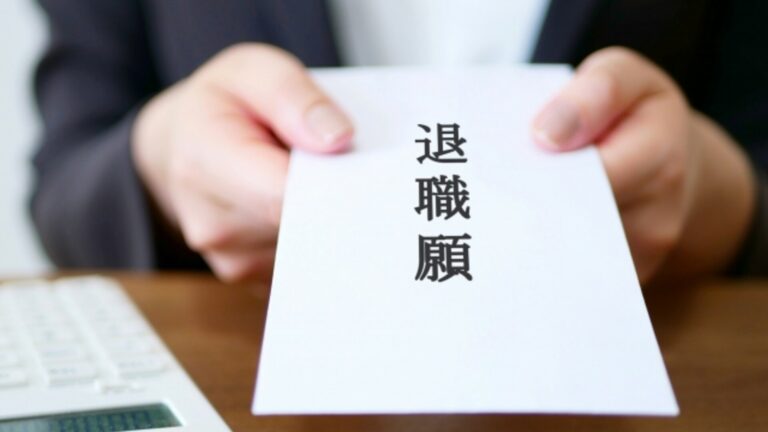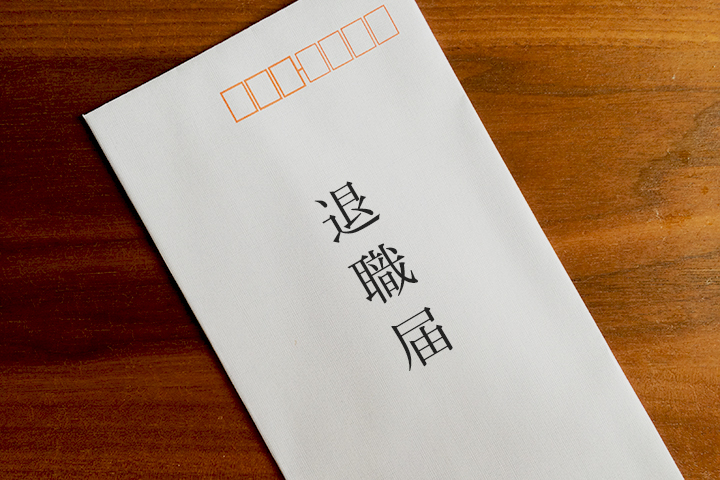
Up until recently, many Japanese companies offered lifetime employment. In return, employees gave their dedicated loyalty to their company. But now things are changing. More and more employees in Japan are switching companies, industries and even careers.
Are you thinking about finding a new job in Japan? Learn how to ensure a smooth transition, from job search to your last day.
How long does it take to get a new job in Japan?
The length of time it takes to change jobs can vary depending on the industry. For example, service industry jobs may only take 1 – 3 weeks. But management positions may take up to 3- 6 months!
The time to change jobs may be shorter depending on seasonality. For instance, there is a huge influx of available ALT jobs in Japan from January to March. This is when schools rush to hire teachers for the new school year. However, the number of available positions greatly reduces after the spring terms starts.
As a rough guide, please see an example timeline below:
- Week 1 – Start to think about your career options. Do you want to stay in the same kind of position or try a whole different industry? Prepare your CV / resume to ensure it is up to date with your most recent qualifications and experience.
- Week 2 – Begin meeting with recruiters. There are a few international recruitment companies who specialize in finding jobs in Japan for foreigners. Talk to them about your goals. They will begin looking for job opportunities for you based on your work experience and Japanese language ability. You can find these recruiters on job search websites (such as Jobs In Japan!).
- Week 3 – 4 – It can take a while for interviews to be scheduled. Use this time to become an expert of your own CV. Start thinking about typical questions and how to sell your best points!
- Weeks 5 – 12 – Hopefully, you should now have an interview meeting set up. Be mindful that some industries in Japan can require up to 4 interview meetings before a position is officially offered to you. Your recruitment company should stay in contact with you to provide feedback and guide you through each step.
- Weeks 13 – 16 – If the interviews go well, the company may offer you a contract. But don’t rush to accept the offer straight away! Take a little time to review the contract. If you have any important questions about salary or expectations, ask your recruitment company before you sign.
- Resignation certificate – either ‘taishoku shomeisho’ (退職証明書)or ‘rishoku hyo’ (離職票)
- Withholding tax slip – ‘gensenchoshuhyou’ (源泉徴収票)
- Reference letter
- Certificate of health insurance coverage loss
- Unemployment insurance certificate and pensions book
When should I hand in my notice?
Your resignation is called 退職願 (or ‘taishoku negai’). According to the Japanese labor law, you must give 2 weeks’ notice before you leave a job. However, your current company policy may differ. Some Japanese companies require you to give at least 3 months’ notice for fixed term contracts. Most company policies require 1 months’ notice before you intend to leave.
Remember to make it official! After giving your employer notice, follow up with an official resignation letter (退職届け, or ‘taishoku todoke’).

What happens to my Japan visa when I change jobs?
Although you are changing jobs, your visa is still valid until it expires. You can work with a new employer with your previous visa, as long as your new job role is covered by the same type of visa activity.
You will need to inform your local Immigration office about your new position within 14 days.
Prepare your documents for your next job
Before you leave your current company, make sure you receive the following documents:
If you have enrolled in the company’s social insurance scheme, you will also need:
Keep it quiet before you leave
Even if you have landed your dream job, try to keep the good news to yourself. Although some of your colleagues are sure be thrilled for you, it is considered impolite to discuss leaving your current company while at work. Especially in Japanese companies, your co-workers may be insulted if you imply you are ‘moving on to better things’. Consult with your manager when you may let your colleagues know and start the handing over process.
On your last day
Regardless of why you are leaving, it is best to be polite and give your coworkers a nice ‘goodbye’. It is Japanese custom to give individually wrapped sweets or gifts to everyone on your last day.
Some companies may ask you to give a little speech. Remember to thank both your superiors and juniors for all their help and support. Try to use keigo language and the correct honorifics when you address people in your speech.















